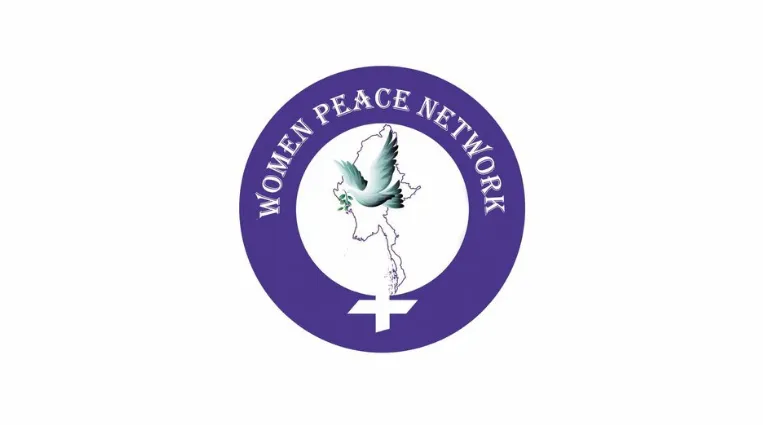Four years after the Burmese military’s attempted coup
03 February 2025

Four years after the Burmese military’s attempted coup on February 1, 2021, Myanmar’s human rights and humanitarian crisis is on the verge of a total collapse with devastating gendered effects. Widespread and intensifying atrocities continue to take place across the country, with the Burmese military rightfully accused of committing crimes against humanity and war crimes against civilians. Genocidal conditions have also exacerbated in Rakhine State, where access to humanitarian aid is now nonexistent. While the people of Myanmar – especially youth – tenaciously persist in their nationwide resistance, their sacrifice for an inclusive federal democracy unfortunately remains underappreciated worldwide.
Conclusion and recommendations
With exacerbating atrocities, air and ground attacks, and detention conditions, the Burmese military’s attempted coup is clearly yielding increasingly devastating effects on the country’s people and the South and Southeast Asian region. They follow the military’s decades-long atrocities to which ethnic and religious minorities have long subjected. In response, Myanmar’s youth are being forced to sacrifice more of their lives to protect themselves, and change the country’s future for the better. The time is now for the international community to support the people of Myanmar and their vision of justice, peace, and an inclusive federal democracy. Therefore, we call for the following actions.
The UN Security Council to heighten its attention to Myanmar, including by
- holding open briefings that involve Independent International Mechanism for Myanmar, as well as members of civil society;
- discussing non-compliance of the provisional measures that were issued by the International Court of Justice (ICJ) on The Gambia v. Myanmar; and
- issuing a resolution that features a full arms and aviation fuel embargo, targeted economic sanctions, referral of the situation of Myanmar to the International Criminal Court (ICC), and cross-border aid to Myanmar.
Governments to support the people of Myanmar, including by
- denouncing any attempts by the Burmese military to normalize its dictatorship, such as its censuses and sham elections this year;
- issuing targeted sanctions and financial penalties on the military and its businesses, as well as a ban on all sales and supplies of arms and aviation fuel to the military;
- engaging with the NUG, the National Unity Consultative Council, EROs, and other pro-democracy leaders over the military;
- ensuring comprehensive, direct, and flexible aid to local civil society, including women’s groups and community-led organizations;
- ensuring access to asylum and protection, as well as options for resettlement to third countries, over detention, deportation, and other acts in violation of the non-refoulement principle;
- exploring universal jurisdiction to prosecute the military and other perpetrators responsible for committing international crimes;
- intervening in The Gambia v. Myanmar at the ICJ; and
- supporting the ICC in the Bangladesh/Myanmar investigation, and calling for its jurisdiction to be expanded to cover the full extent of the atrocities committed against the people of Myanmar.
International humanitarian actors, including UN bodies, to
- engage with local civil society and community-based organizations over the Burmese military in coordinating and distributing aid, including cross-border Aid;
- ensure full and comprehensive access to livelihoods and protection to Myanmar refugees, including Rohingya; and
- involve and consult with affected communities, including refugees, women, LGBTQ+ communities, and youth, in its decision-making processes.
Announcements
21 May 2025
Open letter: Malaysia must lead ASEAN with principle, not hypocrisy, to address the Myanmar crisis

Progressive Voice is a participatory rights-based policy research and advocacy organization rooted in civil society, that maintains strong networks and relationships with grassroots organizations and community-based organizations throughout Myanmar. It acts as a bridge to the international community and international policymakers by amplifying voices from the ground, and advocating for a rights-based policy narrative.